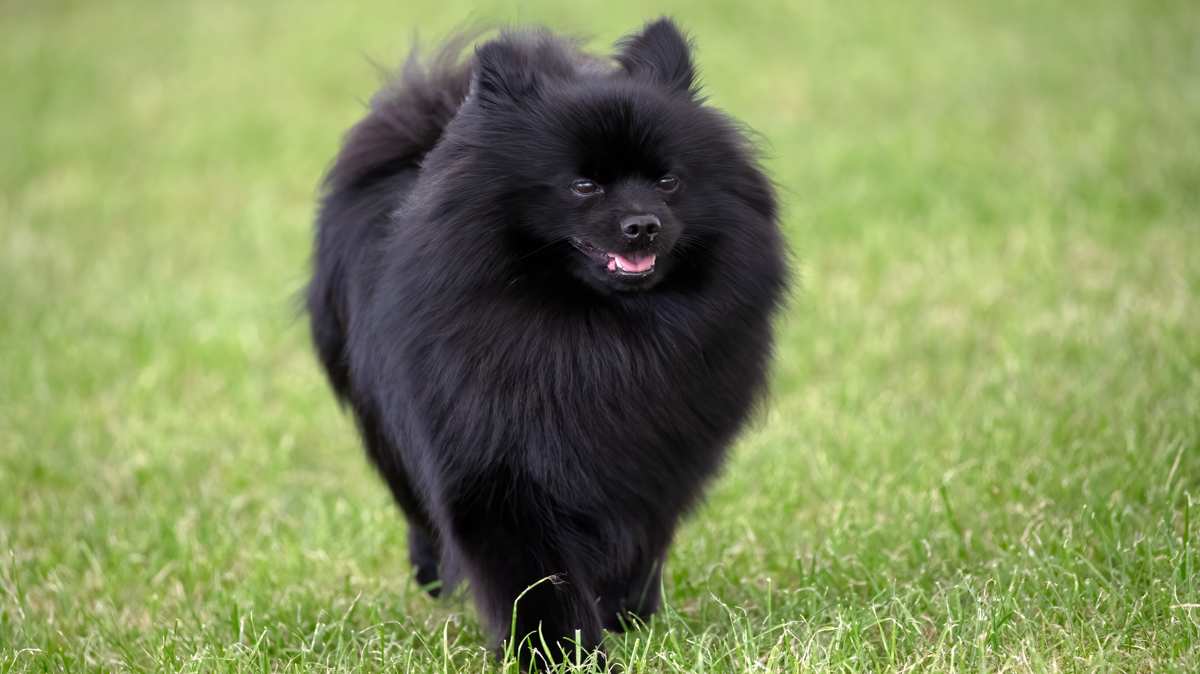Kleinspitz Breed Details
The Spitz Klein is a companion dog that will serve as your eyes and ears. For the right person, they can become a super show dog. They may want to be a guard dog like their massive ancestors that were also responsible for the gigantic Wolfspitz, but this is not possible. They are OK for first-time dog owners but they can be extremely difficult, and they do require patience.
You should be sure to spend time researching these dogs, but here are some basic facts about them:
PROS
- Elegant
- Highly alert
- Beautiful coat
- Sharp eyesight
- Excellent hearing
- Brilliant watchdog
- Few health concerns
- Moderate exercise needs
- Will follow you everywhere
CONS
- Feisty
- Overly Bold
- Very curious
- May bark a lot
- Not a guard dog
- Easily excitable
- Highly independent
- Extremely stubborn at times
- Can be jealous of other dogs
- Can be rude, especially with kids
- Must have your attention constantly
- Will chase cats and animals larger than him
